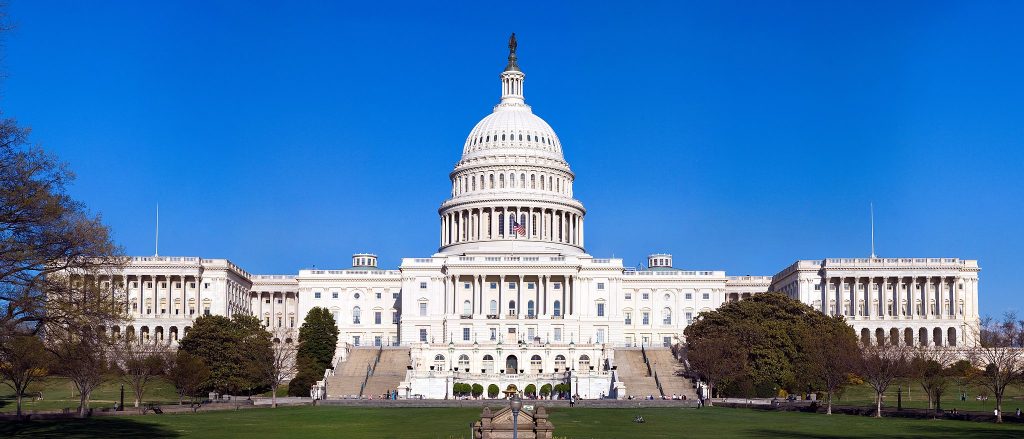SELC, Appalachian Voices seek release of opinion that Virginia’s withdrawal from RGGI would violate law
CONTACT:
Alexandra Werner-Winslow, SELC Communications Manager (VA), awernerwinslow@selcva.org, (434) 977-4090
Peter Anderson, Appalachian Voices Virginia Policy Director, peter@appvoices.org, (434) 249-6446
CHARLOTTESVILLE, Va. — Today the Southern Environmental Law Center filed suit in Charlottesville Circuit Court on behalf of Appalachian Voices to obtain the release of an opinion from the attorney general’s office advising that the Youngkin administration’s efforts to withdraw Virginia from the emissions reduction program known as the Regional Greenhouse Gas Initiative (RGGI) would be unlawful.
A member of the State Air Pollution Control Board disclosed the existence of the opinion at a public Air Board meeting on April 20, 2022.
At that meeting, board member Hope Cupit said in an exchange with Department of Environmental Quality Director Michael Rolband that she received “an opinion from the attorney general’s office back in March saying that [removing Virginia from RGGI] is not the responsibility of the board, that it’s the responsibility of the General Assembly.”
Yet when Appalachian Voices and its Virginia Policy Director Peter Anderson submitted a written request for the opinion under the Virginia Freedom of Information Act, both the Air Board and the Office of the Attorney General denied the request, claiming attorney-client privilege — despite the fact that the opinion’s contents had already been publicly disclosed.
“The Freedom of Information Act is designed to give members of the public a window into what their government is doing,” SELC Senior Attorney Mark Sabath said. “When the administration plans to do something so harmful to Virginia’s economic and environmental future, the public deserves to know that the administration’s own lawyers think it would violate the law.”
Virginia’s participation in RGGI is required by law. Governor Youngkin is nonetheless attempting to pressure Virginia’s Air Board to repeal the regulation implementing the law, despite the fact that such an attempt would be outside the Air Board’s authority.
“Virginia’s participation in the proven RGGI program has already reduced emissions of harmful climate pollutants in our region, while providing new funding for flood resilience and for efficiency programs that help lower electricity bills,” said Anderson. “This was a considered and deliberate choice of the Virginia General Assembly when it passed the Clean Energy and Community Flood Preparedness Act in 2020.”
Virginia is the first Southern state to participate in RGGI, a successful regional effort that requires utilities to pay for each ton of carbon that their power plants emit. Participating states have seen their carbon emissions drop 90 percent faster than the rest of the country, with public health improving in those states by an estimated $5.7 billion.
Proceeds from RGGI have already brought in more than $378 million to the commonwealth. In one fiscal year alone, RGGI funds lowered thousands of low-wealth families’ energy bills; awarded 49 grants to combat recurrent flooding; and funded the construction of more than 2,300 highly efficient affordable housing units.
See examples of how RGGI funds are at work in Virginia here, here and here.



